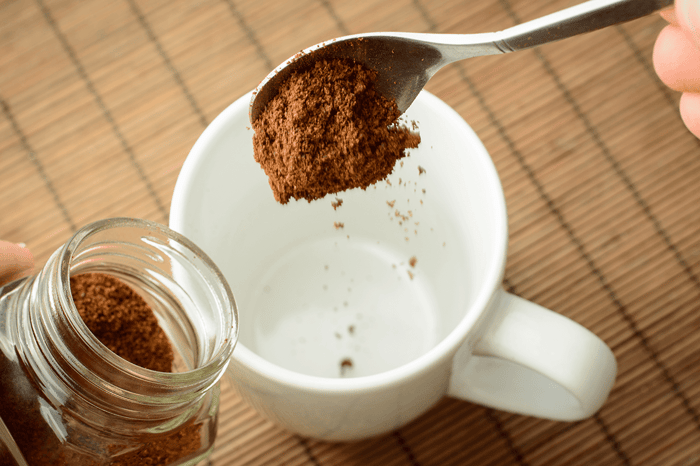As if you needed a reason to drink coffee in the first place.
American Heart Association research shows that having a cup or two of caffeinated coffee a day is associated with decreased heart failure risk.
After three AHA studies on heart failure risk, they found that all three studies showed higher coffee intake to be associated with a lower long term risk of heart failure.
Interestingly, in one of the three studies, “Atherosclerosis Risk in Communities,” no difference in risk was found between people who drank 0-1 cups of coffee, but risk was about 30% lower for people who drank at least 2 cups of coffee.
Here’s a quote directly from the American Heart Association journal article (long name incoming) Association Between Coffee Intake and Incident Heart Failure Risk: A Machine Learning Analysis of the FHS, the ARIC Study, and the CHS:
“Controlling for known risk factors, increased coffee consumption was found to be associated with reduced risk of HF in 3 large, longitudinal epidemiological studies (FHS, CHS, and ARIC). The mechanism of this association is unclear, but limited analysis in FHS and CHS suggests caffeine may be an important contributor.”
*In the journal article, they use HF as an acronym for “heart failure.”
It goes on to express that the high amount of coffee consumption in society suggests further study is needed to figure out the mechanism of the association, and to look into the roles of coffee and caffeine as “potential modifiable risk factors” for heart failure.
Pretty cool, huh?

Heart disease is the top cause of death in the United States.
And heart failure is one of the primary causes of death by heart disease.
If something as simple as drinking coffee can possibly lower the risk of heart failure… Well, you don’t have to tell me twice.
Still, the idea that there’s a positive connection between higher caffeinated coffee consumption and a lower risk of heart failure would probably surprise the average Joe (pun extremely intended) on the street.
As much as our society embraces coffee and caffeine as part of daily life, caffeine is sometimes looked at with some mild negativity. People associate drinking coffee with increased blood pressure, jitters, and so on.
Some of this is founded—a lot of it isn’t.

Misuse of caffeine definitely occurs, as it does with every other substance from alcohol, to vitamin C, to water.
But caffeine gets a bad rap as far as heart health is concerned.
"Coffee and caffeine are often considered by the general population to be 'bad' for the heart because people associate them with palpitations, high blood pressure, etc.” said senior AHA study author, Dr. David Kao.
“The consistent relationship between increasing caffeine consumption and decreasing heart failure risk turns that assumption on its head."
(Kao is also an Assistant Professor of Cardiology and Medical Director at the Colorado Center for Personalized Medicine at the University of Colorado School of Medicine.)
While no one’s saying you should go out and start drinking coffee to improve your heart health if you don’t already drink it, these findings are pretty damn interesting. We’re definitely looking forward to see what future research says on this topic!






